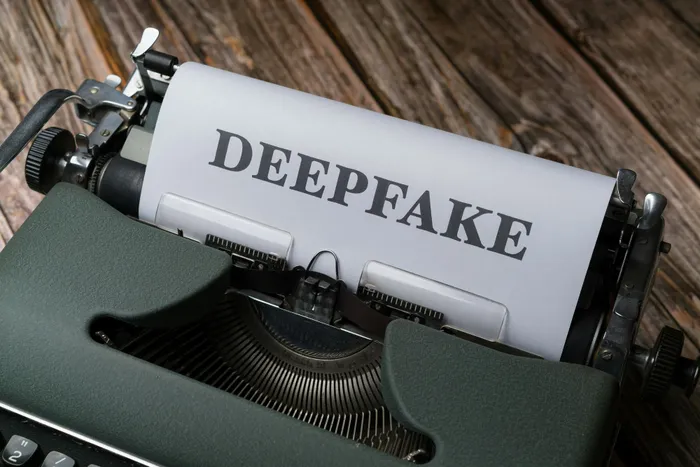Beware of deepfake scams: South Africans urged to stay vigilant

tech With deepfake scams surging in South Africa, Old Mutual warns citizens about the dangers of AI-generated fraud. Discover how these scams work, the impact on individuals, and essential tips to protect yourself.
Image: Pexels
Old Mutual is urging South Africans to be on high alert as deepfake scams become increasingly sophisticated and widespread. Scammers are leveraging artificial intelligence (AI) to create highly convincing fake videos, voices, and images, duping unsuspecting individuals and businesses.
The growing threat of deepfake scams
“Deepfakes are no longer just a futuristic concept in movies. They have become a real-life threat, impacting ordinary people in alarming ways,” says Dhesen Ramsamy, chief technology officer at Old Mutual.
The company has observed a sharp increase in cases where fraudsters use AI to impersonate well-known personalities or company executives. Their goal? To trick victims into handing over their money or personal information.
According to Old Mutual, recent cybersecurity research by Sumsub reveals a staggering 1,200% surge in deepfake-related attacks in South Africa within a single year—the highest reported increase globally. Even more concerning, a survey by Kaspersky found that up to 80% of South Africans struggle to distinguish between authentic and AI-generated content.
How deepfake scams work
Deepfakes are created using advanced AI tools that manipulate images, videos, or audio recordings to make them appear legitimate. Common types of deepfake scams include:
- Fake Celebrity Endorsements – Criminals edit videos of famous personalities to promote fraudulent investment schemes.
- Impersonation of Executives – Fraudsters pose as corporate leaders in video calls or voice messages, tricking employees into transferring funds.
- Misinformation and Defamation – AI-generated content is used to spread false information or tarnish reputations.
“These scams exploit curiosity, desperation, and the lure of quick financial gain,” Ramsamy warns. “In a country where many people are struggling financially, the promise of easy wealth can be a dangerous trap.”
Recently, a deepfake video featuring the late Raymond Ackerman circulated online, falsely promoting a money-doubling scheme linked to Pick n Pay. Similar scams using altered footage of Elon Musk and other public figures have also surfaced on social media, he says.
Combating the deepfake epidemic
Ramsamy emphasises that tackling deepfake fraud requires a collective effort across society. Old Mutual is collaborating with industry bodies such as ASISA and SABRIC to strengthen the financial sector’s defenses.
“Scammers are using the same AI tools that businesses rely on for innovation. That means we must work together to stay ahead—and that starts with public awareness,” Ramsamy says.
How to protect yourself
Old Mutual is calling on South Africans to arm themselves with knowledge and take simple precautions:
- Pause and Verify: If a video or voice message seems suspicious, do not act immediately. Contact the company or individual directly to confirm its authenticity.
- Check for Red Flags: Look out for unnatural blinking, mismatched lip movements, or robotic voices—common signs of deepfake content.
- Use Free Online Tools: Platforms like TinEye (for images), Deepware (for videos), and Resemble.ai (for voice detection) can help spot manipulated media.
- Resist the Temptation: There is no such thing as a guaranteed get-rich-quick investment.
“The best way to avoid falling for a deepfake scam is to recognise that easy money is often an illusion. Be sceptical of online offers that promise extraordinarily high returns with little to no risk—these are classic signs of a scam," he says.
PERSONAL FINANCE